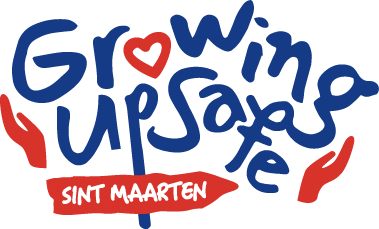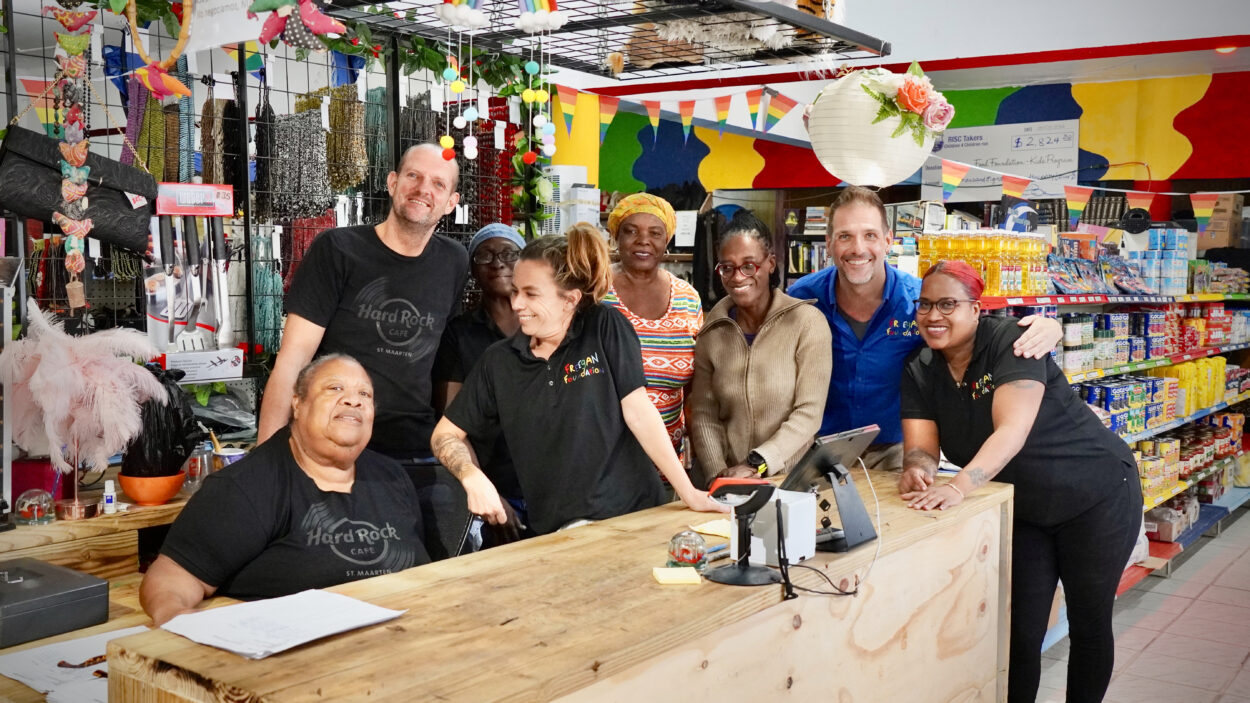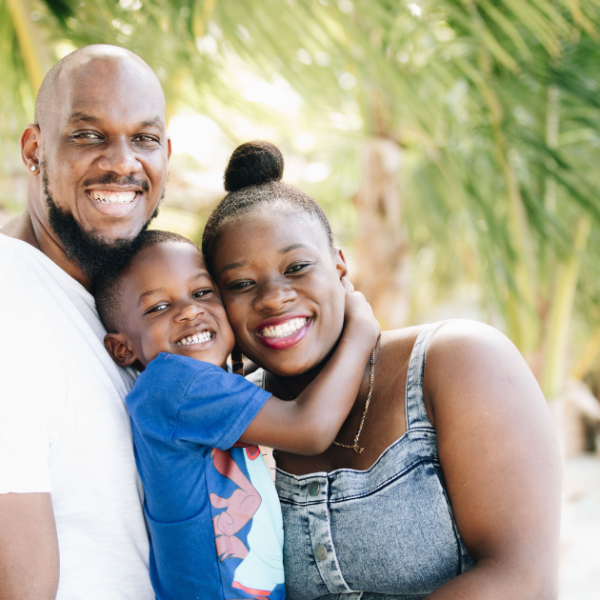“Too many families struggle to afford basic food and household items.”
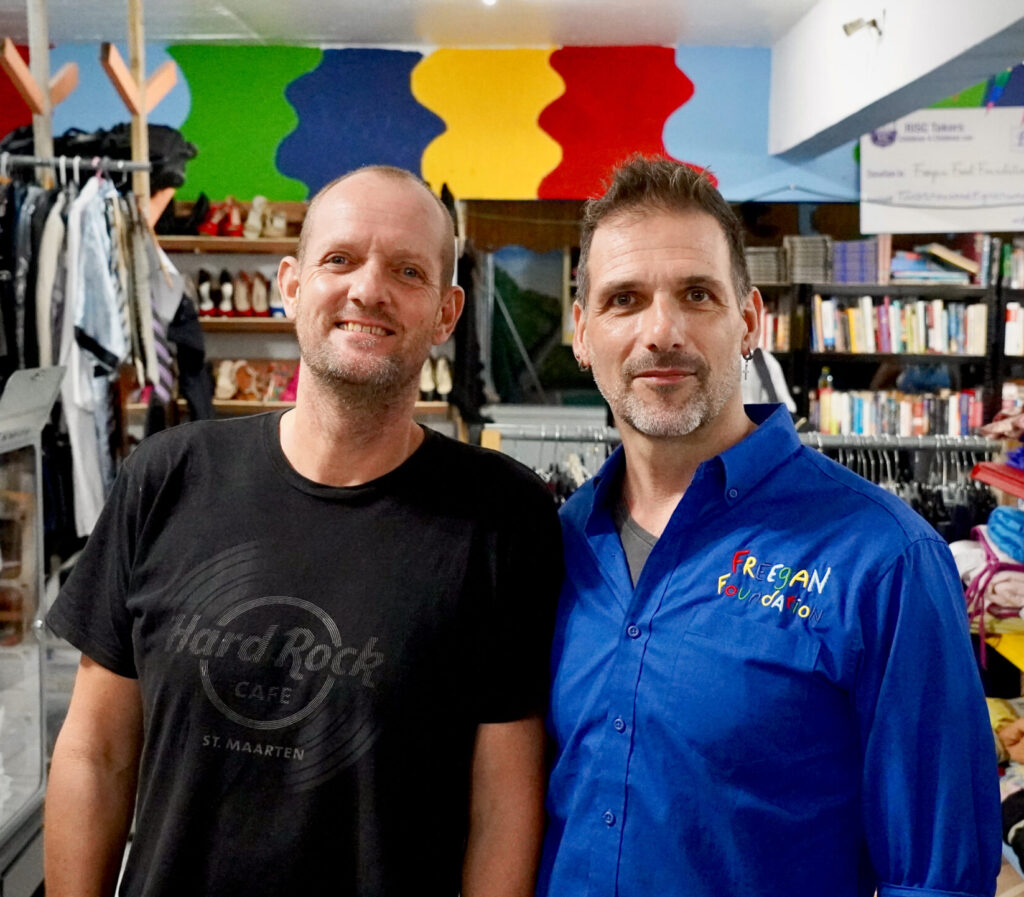
The Freegan Food Foundation in Sint Maarten is tackling food waste while supporting those in need. Its straightforward mission is to prevent usable food from being discarded and to share it with vulnerable people. “We don’t care who takes the food—we just want to prevent waste,” explain DJ and Joost, the foundation’s founders.
The Freegan Food Foundation’s clients are primarily single mothers, elderly individuals, and families living in extreme poverty. In addition to food, the foundation helps with essential items like beds and appliances, ensuring families and their children can live with more dignity.
DJ shares that the foundation also encourages building skills for better family planning and safety: “In our programs, such as the food bank and thrift store, we teach clients how to manage their limited funds. We encourage them to make more informed decisions for their health or stock up for a potential emergency.”
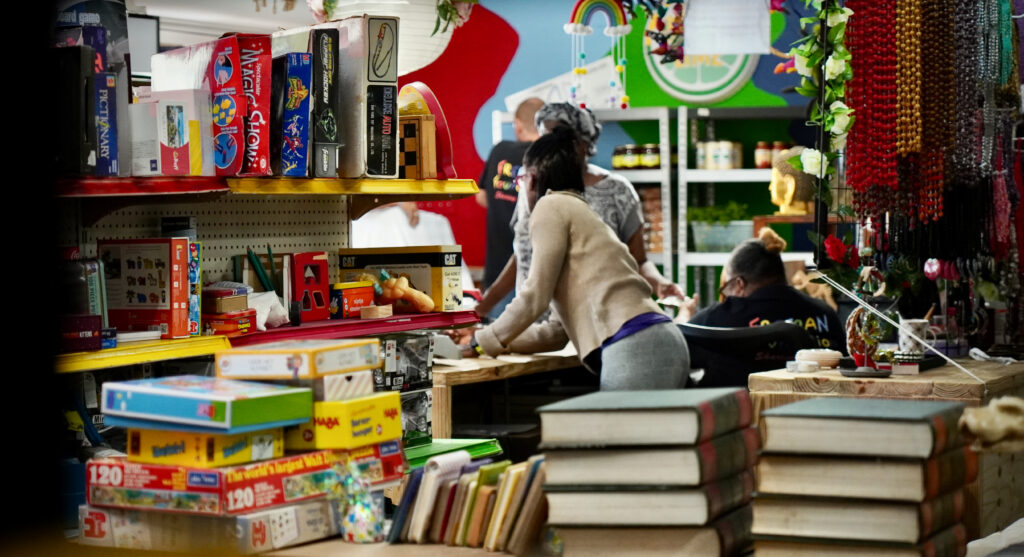
Combatting Food Waste
The food waste program is the foundation’s primary initiative. They collect surplus food—often near expiration or slightly damaged—from supermarkets and businesses. “We take what would otherwise be thrown away and give it to people who need it,” says Joost. The distribution over Sint Maarten is managed through a network of local volunteers, serving over 3,200 people.
Joost: “Over the years, we have learned a lot and seen some tough situations. Families with four or more children living in a small room with just one bed and no appliances, for example.” These situations also led to the Foundation distributing second-hand clothing, furniture, and other household necessities.
The foundation’s grassroots, community-based approach is vital to its efficiency, and its local volunteers are a significant part of its success: “Our volunteers are often from the neighbourhoods they serve. When they deliver food or other goods, they ensure it gets to those who need it most.”
Demand for Food Bank
As demand grew, the foundation realized that many families needed more than occasional food deliveries. This led to the creation of the food bank, which provides those in vulnerable situations with access to food and products.
The food bank prioritises pregnant women, single mothers and elderly people with minors. The application process assesses financial need, looking at rent, utilities, and income. Currently, the food bank supports about 85 families. The program runs every six months, after which a new application process and period goes into effect.
DJ explains how it works: “When a client from the food bank comes to shop, they pay $4; in return, they get credit for $12.50. The items in our food bank are very affordable. If we get donated products, we give them away for free. This system allows people a real shopping experience and encourages them to be selective with what they put in their basket.”
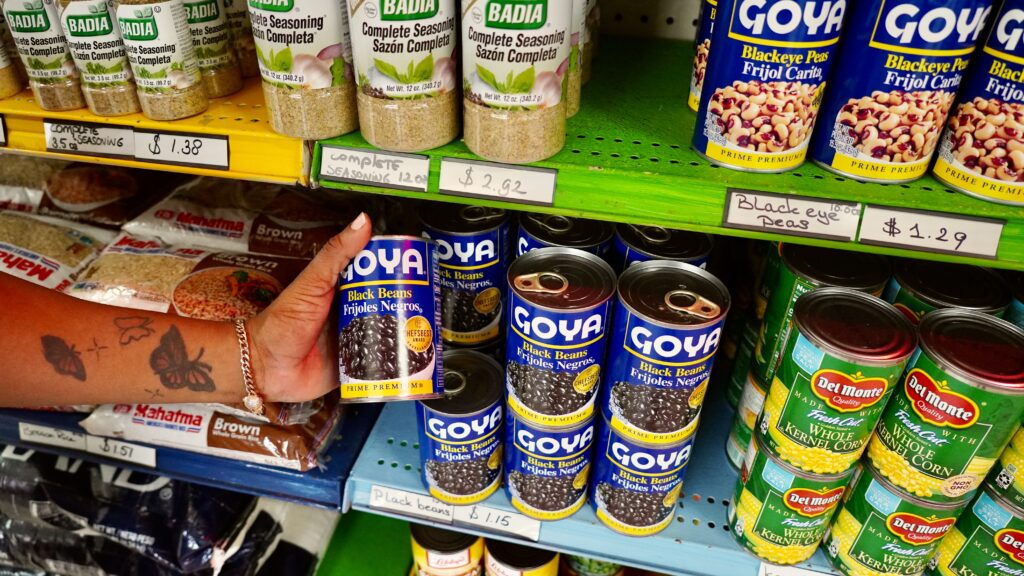
Many Families in Need
The foundation faces significant challenges in meeting demand for its food bank program. “We have space for 85 families, but during intake sessions, many more apply. Our largest intake session counted 620 people. These are difficult situations, as you see so many people who are in need but can only accept a few,” shares DJ. The heavy reliance on a small team of volunteers also stretches their capacity. “We have 10 to 12 volunteers handling everything, and it’s a lot of work.”
In their community efforts, the Foundation also sees first-hand the difficulties undocumented individuals face. “They don’t feel safe asking the government for help, so they come to us. But we can only do so much. These individuals or families then get ‘stuck’ in their impoverished situation, unable to find legal and reliable work, even though they want to contribute to our society.” DJ adds.
Natural disasters, especially hurricanes, compound the problem. Many families struggle to afford essential hurricane preparedness items. “When the next big storm hits, it’s going to be bad for those without resources,” warns Joost. “After Irma, we saw how desperate people became; fights broke out over water and food.”
The Road Ahead
The foundation has become a lifeline for many, and more resources are needed to meet demand. To provide its current services, such as the food bank, the Foundation accepts donations, applies for grants, organises fundraisers, and runs a thrift store to help fund its operations. However, the Founders explain that they are “never sure how long their food waste and food bank programs can continue due to a lack of structural funding.
Having a food bank in a disaster-prone country is essential. Yet, no decision has been made yet on a government level to support and equip our foodbank to be utilised in times of crisis. We also have not received support to support our current food bank program or extend it to the many families and their children in dire need.” However, their determination remains strong.
“We can’t help everyone, but we’re doing everything we can,” – DJ and Joost
Find out more about the Freegan Food Foundation, its programs, and how to support its efforts at www.freeganfoodfoundation.com and on social media: Freegan Food Foundation.
